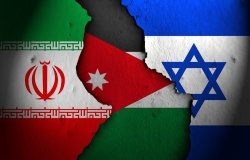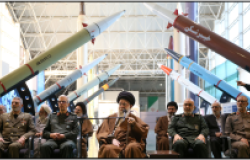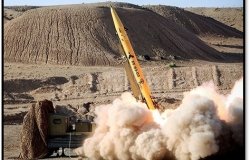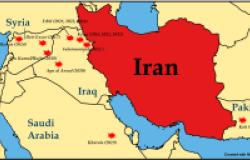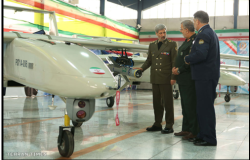NATO at a Crossroad: Can It Cope with Post-September 11th and NATO Enlargement?
Jeffrey Simon, Senior Fellow, Institute for National Strategic Studies, National Defense University, DC
Overview
Summary of the East European Studies discussion with Jeffrey Simon, a senior fellow with the Institute for National Strategic Studies at National Defense University, DC.
National Defense University and NATO expert Jeffrey Simon reviewed the current state of play in the NATO enlargement process as it heads into a pivotal five-month period before the next NATO summit in Prague this November, which is widely expected to make a decision on further enlargement of the Alliance. He indicated that the way matters look now, NATO is probably headed for a "larger" enlargement to include seven new nations: Slovenia, Estonia, Latvia, Lithuania, Romania, Bulgaria, and Slovakia (if former hard-line Prime Minister Meciar remains out of power after elections in September). Simon noted that he, personally, has reservations about the advisability of such a large-scale enlargement, but that this policy is being driven by strong political motivation.
In view of the seeming inevitability of this "big bang" enlargement, Simon outlined five areas of particular concern for the alliance, in addition to its own internal problems of how it is going to adapt administratively, organizationally, and politically to such a huge enlargement. First, NATO is experiencing diverging risk assessments among its members, as the U.S. is at war with terrorism and considers this of primary importance while Europe does not. Second, September 11th has exacerbated the problem of diverging military capabilities between the U.S. and the rest of its allies to the point where closing the gap appears improbable. A possible solution for better burden sharing arrangements, Simon suggested, would be finding ways to fill gaps by having the new smaller NATO members specialize in "niche" contributions, such as regional peacekeeping, bridge building, etc. Third, thorough political and military reforms will be required for a post-enlarged NATO, including coordinating more effectively with the EU and changing NATO's military functions. Fourth, though a substantial step, the Russia-NATO Council (RNC) represents a risk that ultimately could affect the NATO consultative and decision making process, and confronts NATO with the problem of how to engage other post-Soviet states, especially Ukraine. Finally, the future of the Membership Action Plan (MAP) and Partnership for Peace (PfP) could be subject to substantial reorganization once the seven aspirants are admitted and there are more members than "partners" participating in the programs.
One important implication that such a large-scale expansion will have for NATO is its effect on NATO's decision making process, which is now based on consensus. Simon raised the question of whether at some point it will be necessary to change this policy or to give weighted voting to countries based on size or contribution, especially since six of the seven probable new members qualify as "small nations," i.e. populations under ten million. This would make ten of NATO's potentially 26 members "small states," altering significantly the "one country, one vote" balance within NATO.
Dr. Simon authored a recent EES Opinion Piece, which provided the basis for his talk and discusses these issues in more detail. The Opinion Piece can be found on the EES website by clicking here.
Hosted By

Global Europe Program
The Global Europe Program is focused on Europe’s capabilities, and how it engages on critical global issues. We investigate European approaches to critical global issues. We examine Europe’s relations with Russia and Eurasia, China and the Indo-Pacific, the Middle East and Africa. Our initiatives include “Ukraine in Europe” – an examination of what it will take to make Ukraine’s European future a reality. But we also examine the role of NATO, the European Union and the OSCE, Europe’s energy security, transatlantic trade disputes, and challenges to democracy. The Global Europe Program’s staff, scholars-in-residence, and Global Fellows participate in seminars, policy study groups, and international conferences to provide analytical recommendations to policy makers and the media. Read more
Thank you for your interest in this event. Please send any feedback or questions to our Events staff.



